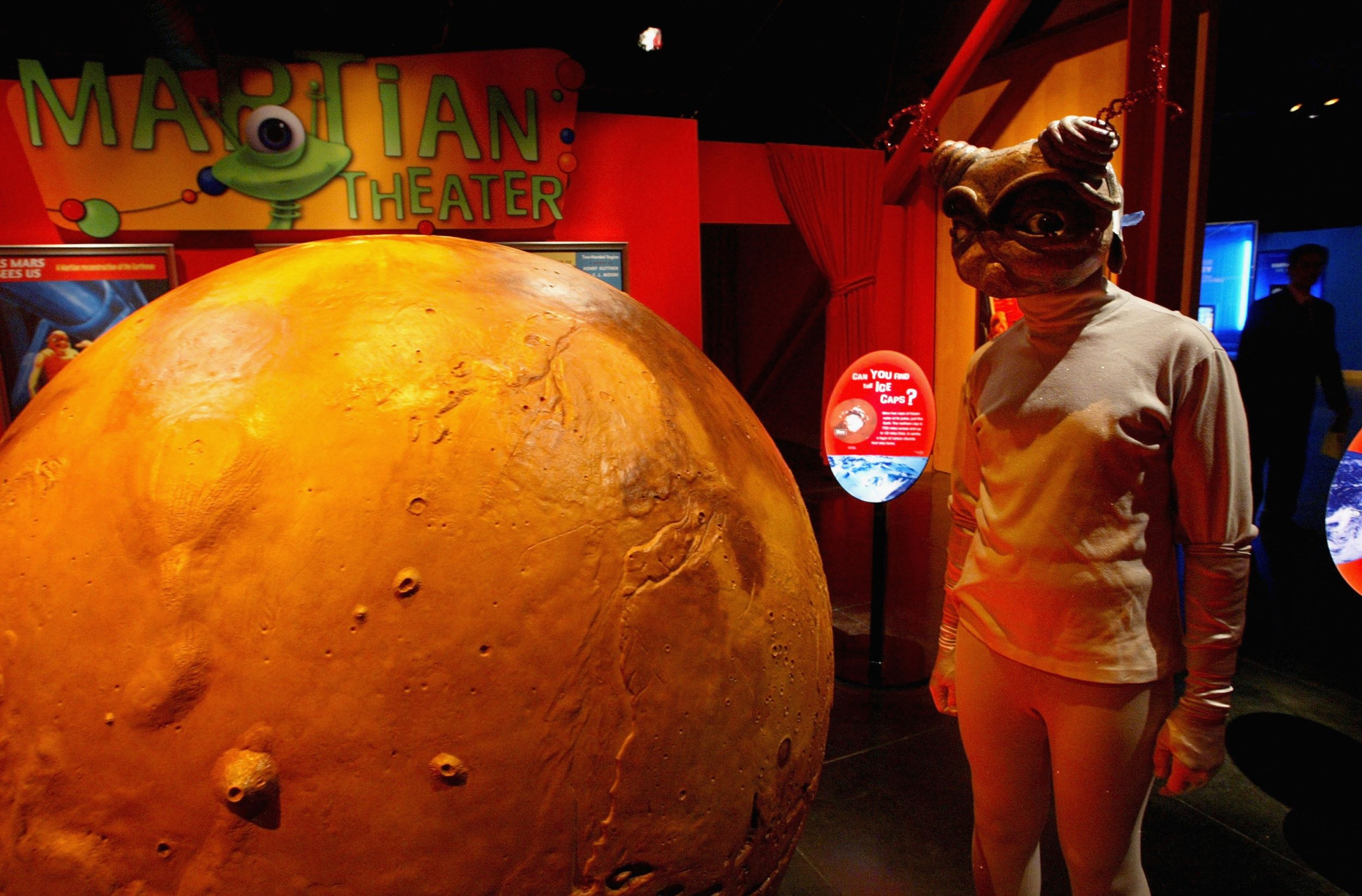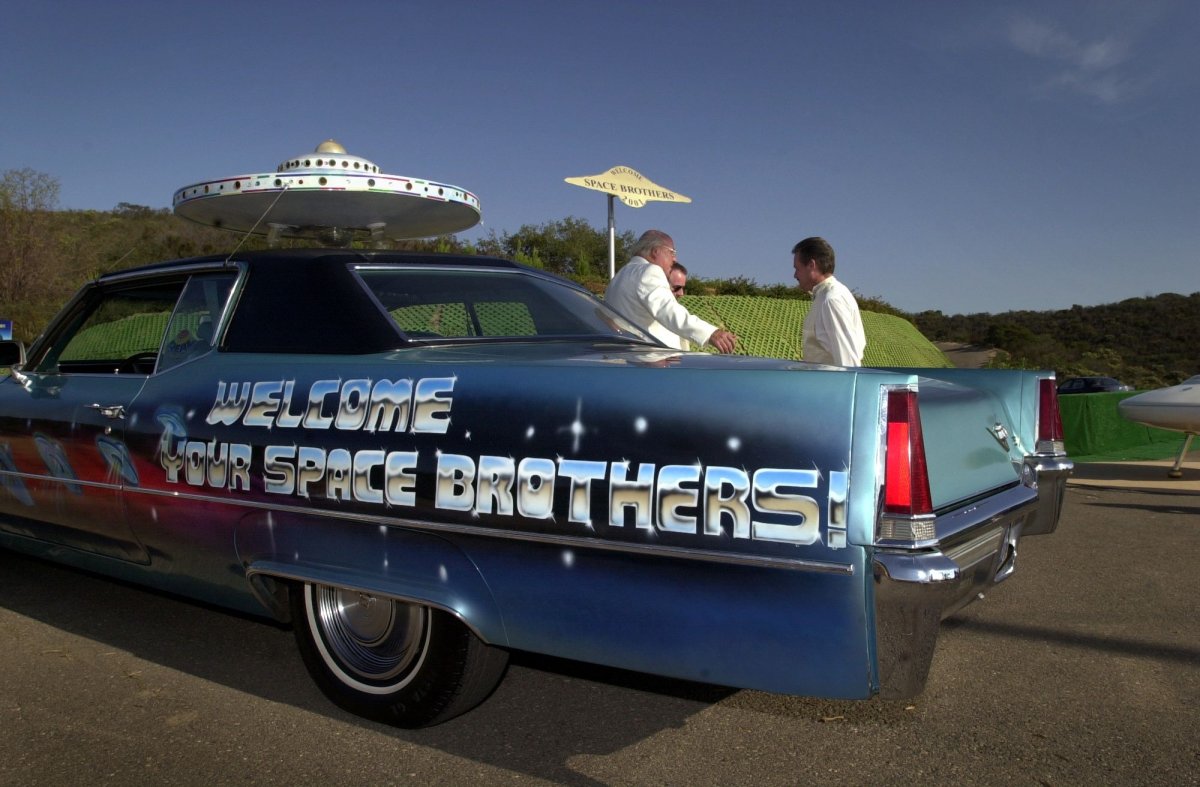
Imagine if E.T., Yoda, and the Na'vi were more than just fictional beings—and what if we could talk to them from Earth? It might be possible one day, thanks to astronomers who sent a message to a star system that may have the ability to support life. The message, which included music and math, was sent in October, but it was announced to the public on Thursday, according to Scientific American.
Although we could hear back in 25 years, it's unlikely we will, Douglas Vakoch, president of Messaging Extraterrestrial Intelligence (METI) International, told New Scientist.
But, what if we did?
If we hear back, there's limited guidance in place on how to communicate with the extraterrestrial beings, according to Seth Shostak, a senior astronomer for the SETI (Search For Extraterrestrial Intelligence) Institute.
"There are some protocols, but I think that's an unfortunate name, and it makes them sound more important than they are," Shostak told Live Science.
The guidelines—which date back to the 1980s—were designed with governments and scientists in mind. Shostak and his colleagues updated the protocol in the 1990s, in hopes to advise researchers what to do if a detection is made.
"They say, 'If you pick up a signal, check it out ... tell everybody ... and don't broadcast any replies without international consultation,' whatever that means," he told Live Science. "But that's all that the protocols say, and they have no force of law. The United Nations took a copy of the early protocols and put them in a file drawer somewhere, and that's as official as they ever got."
But, renowned physicist Stephen Hawking doesn't think we should answer, as it may lead to some serious consequences.
"Meeting an advanced civilization could be like Native Americans encountering Columbus. That didn't turn out so well," Hawking said in his 2016 documentary series, "Stephen Hawking's Favorite Places," Space.com reports.
However, Shostak argues that there's a problem with the Columbus analogy.
"The analogy isn't terribly apt. These folks weren't doing exploration for its own sake. They found something new by accident," Shostak said, according to NBC. "A better analogy might be the discovery of Antarctica or the source of the Nile. These really were exploration efforts."

Still, this doesn't answer the question of what would actually happen and we likely won't have an answer until the day it does. But when it occurs, it's sure to be an eye-opening moment.
"We'll immediately know something very important. We'll know that we are neither unique nor special," Shostak concludes in his NBC article. "But if you ask what the legacy of such a discovery will be hundreds or thousands of years from now, there's simply no way to arrive at an answer that's either useful or accurate."
Uncommon Knowledge
Newsweek is committed to challenging conventional wisdom and finding connections in the search for common ground.
Newsweek is committed to challenging conventional wisdom and finding connections in the search for common ground.
About the writer
To read how Newsweek uses AI as a newsroom tool, Click here.








